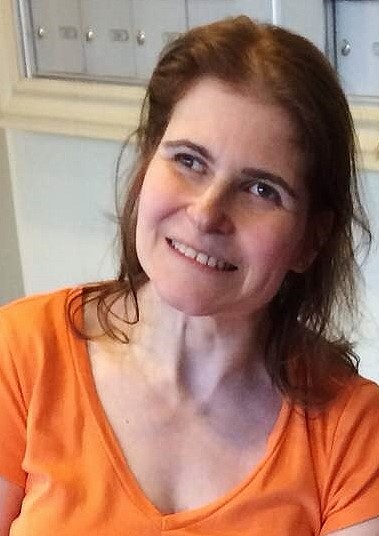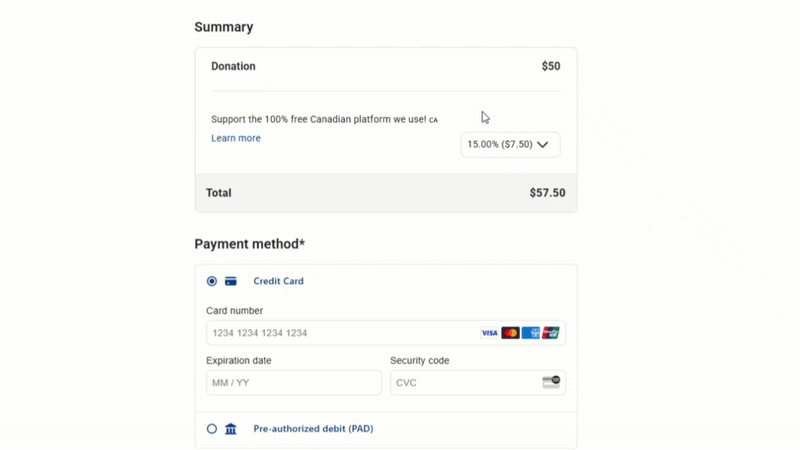Rosalyn faces daily challenges that most people do not have to go through in day to day life. She has limited mobility due to cerebral palsy, a disorder that affects balance, movement, and muscle tone. She relies on her wheelchair, cannot lift anything heavy and needs support in every aspect of her life.
However, in spite of all of the struggles she faces them head on, showing strength, ambition, courage and much love, care and kindness to all the ones who support her.
“I think most people don’t realize how hard life is for people like me,” says Rosalyn, “They always say that they understand how frustrating it is, and I hear this every day, but they really don’t.” She claims that most people don’t realize that government help is very limited and options are few.
“Shopping is a whole day’s work,“ she explains. “I have to check the weather first, then schedule transport, and find my way through tight grocery stores where most items are inaccessible to me. I often have to wait for help, stopping people in the store 20 times to help me reach what I can’t. Once home, I have to go up and down the elevator many times to bring bags up one at a time, and then spend the next hour or two putting things away.” With a chuckle, her sense of humor makes an appearance as she adds, “And if my elevator isn’t working, which happens often, I’m completely stuck!”
For Rosalyn, the most challenging part of her day is making phone calls to the CLSC and the government. The exact number of phone calls she has to make per day to just these two places, every single day would frustrate the most patient person.
“Someone always gets to decide for me, what services I can receive,” says Rosalyn. “Even when we do get coverage, we have to sign so many papers and undergo so much red tape. I’m asked so many questions to qualify for government help and if they don’t like my answer, they turn me down. My help is always contingent on somebody agreeing with what I say and present in my profile. The rest of the population doesn’t have to live that way. I have to justify everything and fight for everything all the time.”
When she calls, she has to negotiate and schedule certain services that she gets through the CLSC and government care. This is no easy task. There are procedures and limitations to what she can do and what she can have done for her. She basically has to live day to day because she never knows if a service agent is going to come to her door when she is not home to receive help or treatment.
She wishes that the government could be more flexible with health care, prescription drug care and housing for people that are in the same situation as herself.
“The government will only take care of you when you are on the brink of death or if you have fallen very ill,” she says. “They are not proactive enough in terms of helping before something major comes around and, by that point, it’s already too late to help because the damage has already been done.”
She fears that in time that no one will be there to help her, support her and love her. Rosalyn’s friends are in the same situation as her, and her greatest fear is being alone.
“I will be alone and that scares me,” cries Rosalyn. “My biggest concern in the future is that I’ll get sick and have no one to advocate for me. I have no family. What happens when there’s no one to help me?”
She also worries about finances. The government offers limited help with portions of costs allocated to vision and dental services but this will end when she turns 65.
“How am I supposed to live after 65 when I don’t receive enough money to cover a fraction of what I need? How will I be able to do this? Do people really understand how scary and frustrating this is?”
West Island Citizen Advocacy (WICA) has been helping Rosalyn for many years by offering physical and moral support. “I’m very lucky because I have people helping me from WICA,” admits Rosalyn. “They help with my struggles. They have given me a place to voice my frustration. To know that there is an organization that advocates for me is a comfort. They’ve accompanied me to appointments, provided me friendship, advice and support. It’s hard to get the help you need and I count on a lot of people to get through each day.”
Rosalyn likes to share her story because it helps those that feel they don’t have a voice.
“I lend my voice to all these situations. I sit on many committees, but it’s all so frustrating because it’s never heard. I feel like I’m going to die and not see anything happen and wonder why I keep doing it.”
Although she feels as though her work falls on deaf ears, she is brave and strong-willed and wants to make one thing clear, “I push myself because I don’t want to be a result of my disability. I have to calculate everything, but for some people it’s not an option and they just can’t function without help.”


